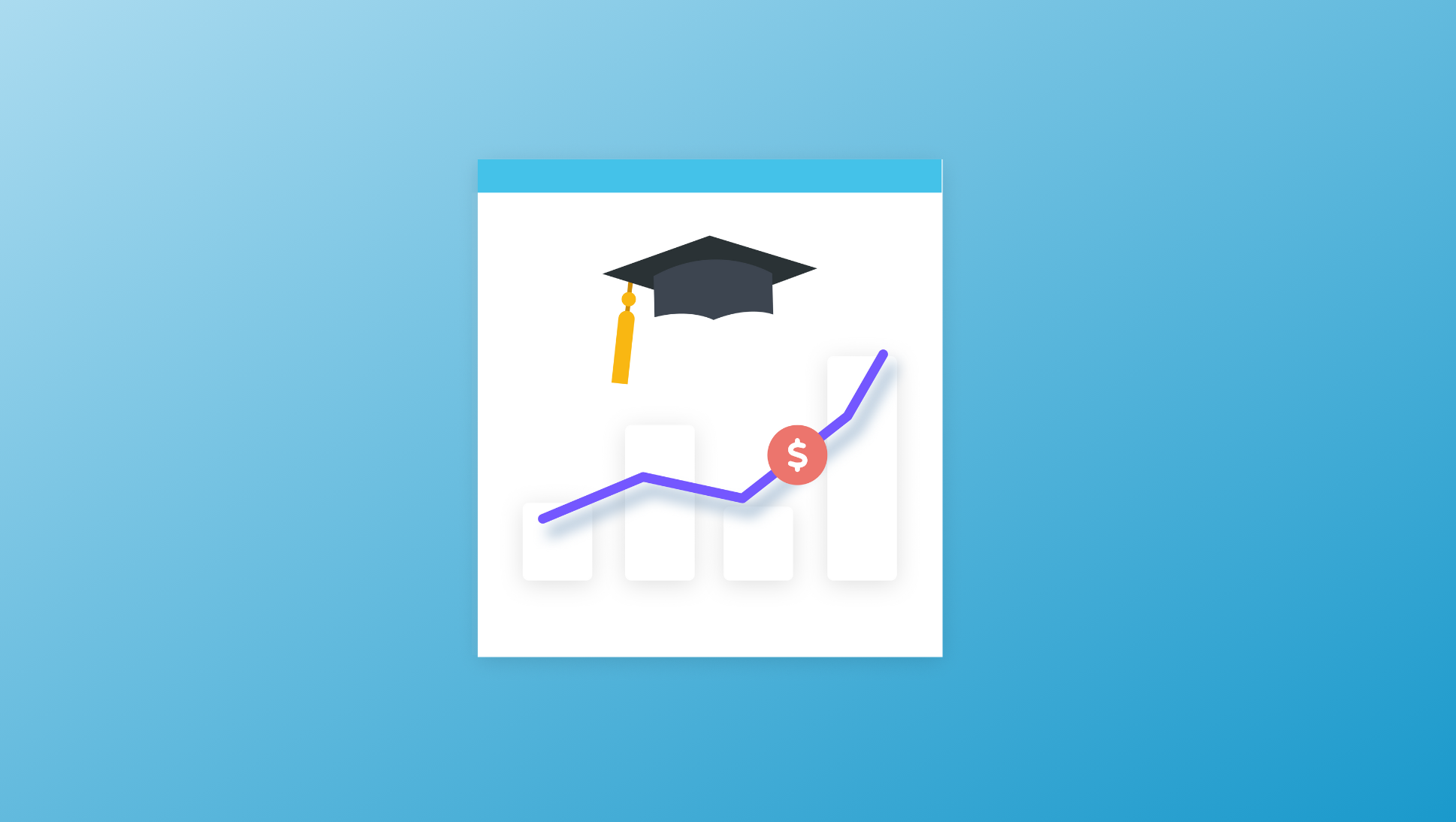4 min read
ACT and SAT Must-Knows for High Schoolers
We recently published a podcast episode on this topic. This blog post provides a recap of what we covered during the episode. Hi! It’s Abby from...
Free for students & their families
Seamlessly integrated, affordable systems for use across your district.
Career Readiness for 6-8 grade, built to guide and track progress in the early years of career exploration.
Scoir + Common App are integrated for the 2025-26 academic year!
Check out content and practical guides to help inform your enrollment strategies and programs.
2 min read
 Julie Kampschroeder
:
September 26, 2023
Julie Kampschroeder
:
September 26, 2023

Applying early decision might improve your odds of being accepted with certainty to your dream school, but it might limit your financial aid opportunity at the same time. As an early decision applicant, you agree that, if admitted, you will enroll at that university and withdrawal your applications from other colleges. If you are weighing the pros and cons of applying early decision, the financial drawbacks deserve your attention.
My answer to this question has changed over the decades as a Counselor in a Title 1 high school. I used to believe that a student must be able to afford to pay nearly the full price in order to accept a financial aid award in December, without comparing other scholarship packages in the spring. Allow me to elaborate on that.
A common question I hear is: do you get more financial aid if you apply early?
The answer: if you are applying early decision, you should be aware that you are essentially giving up the ability to compare financial aid offers from other schools or negotiate awards. You are committing to enroll in a school if admitted. That said, you may be blind as to what your cost of attendance (COA) will be if you are admitted. By the time you are certain of your COA, you most likely will have missed the application deadlines at your other school choices.
After decades of counseling students, I now recommend that early decision may be a good choice for you if the following criteria is met:
For perspective, let's consider a low income, high achieving student whose first choice school does offer early decision; however, it does not meet full financial need. This young adult has completed the Net Price Calculator on the university website and viewed the gap (amount between Cost of Attendance and the amount of financial aid they will be offered). The gap is tens of thousands of dollars. The student is unwilling to budge from their dream school.
We have had numerous conversations about strategy and the student is set on this school. I believe they will be accepted and receive a financial aid package mid-December. The student and their family will have a couple of weeks to decide if they can afford the offer. If there is a surprise scholarship on the aid package, it will be a joyous celebration! If not, what then?
So, what if you are admitted ED, but the financial aid package isn’t enough, or what if you apply early decision and can't afford it? Sure, you can ask to be released from the ED agreement and apply ED-II to a school that actually meets full need. However, a safer strategy is to choose an ED-I and ED-II school that can meet 100% full need.
In the end, where you attend college, and how much you are willing to spend on your education are decisions that fall on you. On one hand, applying early decision typically means there’s a larger pool of money for the institution to allocate; on the other hand, you are giving up the ability to negotiate and compare financial aid offers. Which alternative are you most comfortable with?
This article was originally published on September 28, 2020. It was updated on September 26, 2023 for accuracy and comprehensiveness.

Julie Kampschroeder has over three decades of experience working with high school students. She is passionate about assisting first-generation and low-income college-bound students. Julie worked in a diverse high school in St. Louis, Missouri. Early in her career, she volunteered countless hours with the Missouri Association of College Admission Counselors (MOACAC) and earned both the President’s Service Award (2008) and Peggy Clinton Lifetime Service Award (2012). As a first-generation college student herself, growing up in a small town, she is most proud of the National Association of Admissions Counselor Inclusion, Access, and Success Award (2013). Maya Angelo’s motto of “when you know better, you do better” guides her work in educating first-generation students to level the playing field in college admissions.

4 min read
We recently published a podcast episode on this topic. This blog post provides a recap of what we covered during the episode. Hi! It’s Abby from...

6 min read
Gaining admission to the college(s) of your choice might weigh heavily on your mind at the moment. The odds are that the prospect of affording...

8 min read
The Free Application for Federal Student Aid (FAFSA), managed by the Department of Education, is the gateway to federal and state financial aid for...